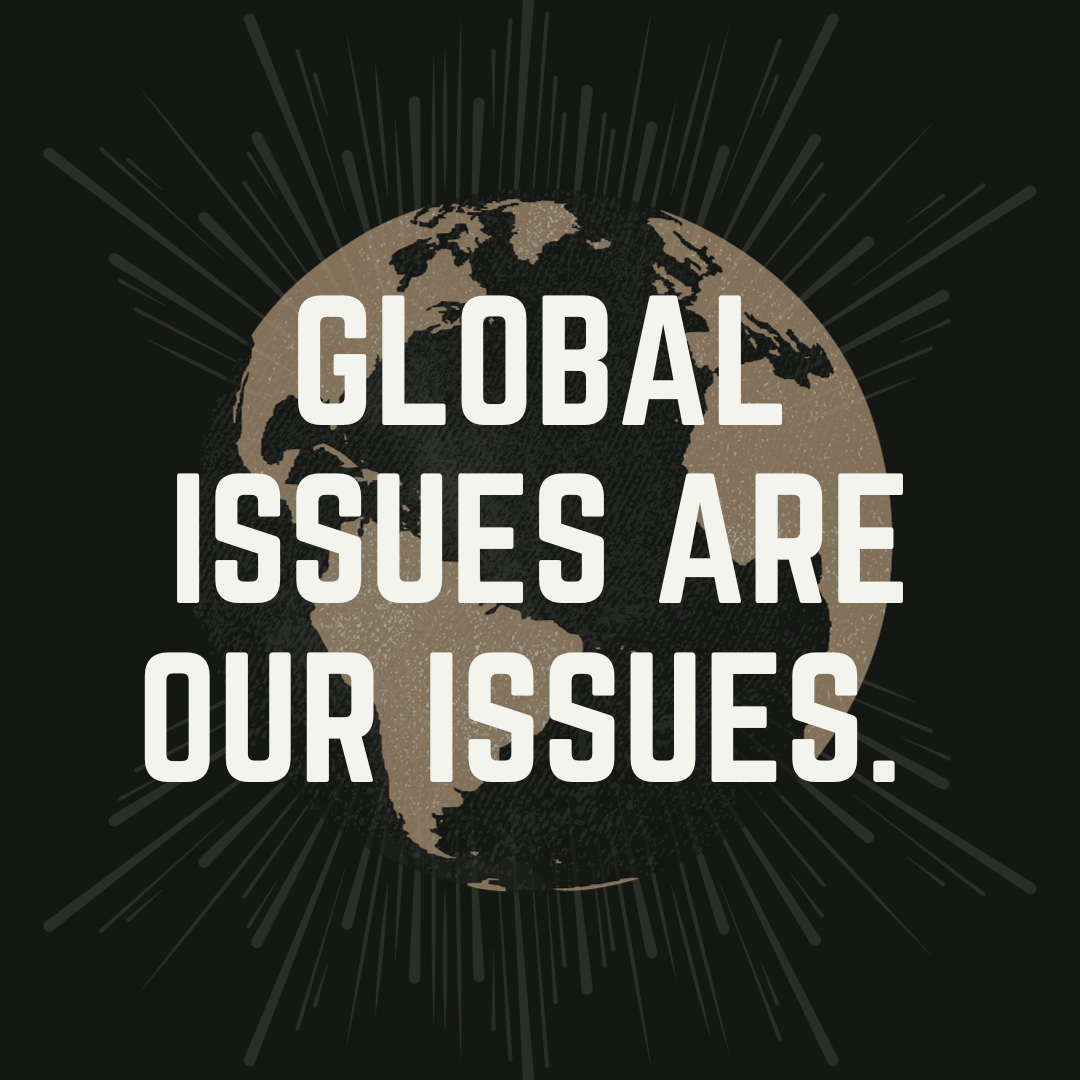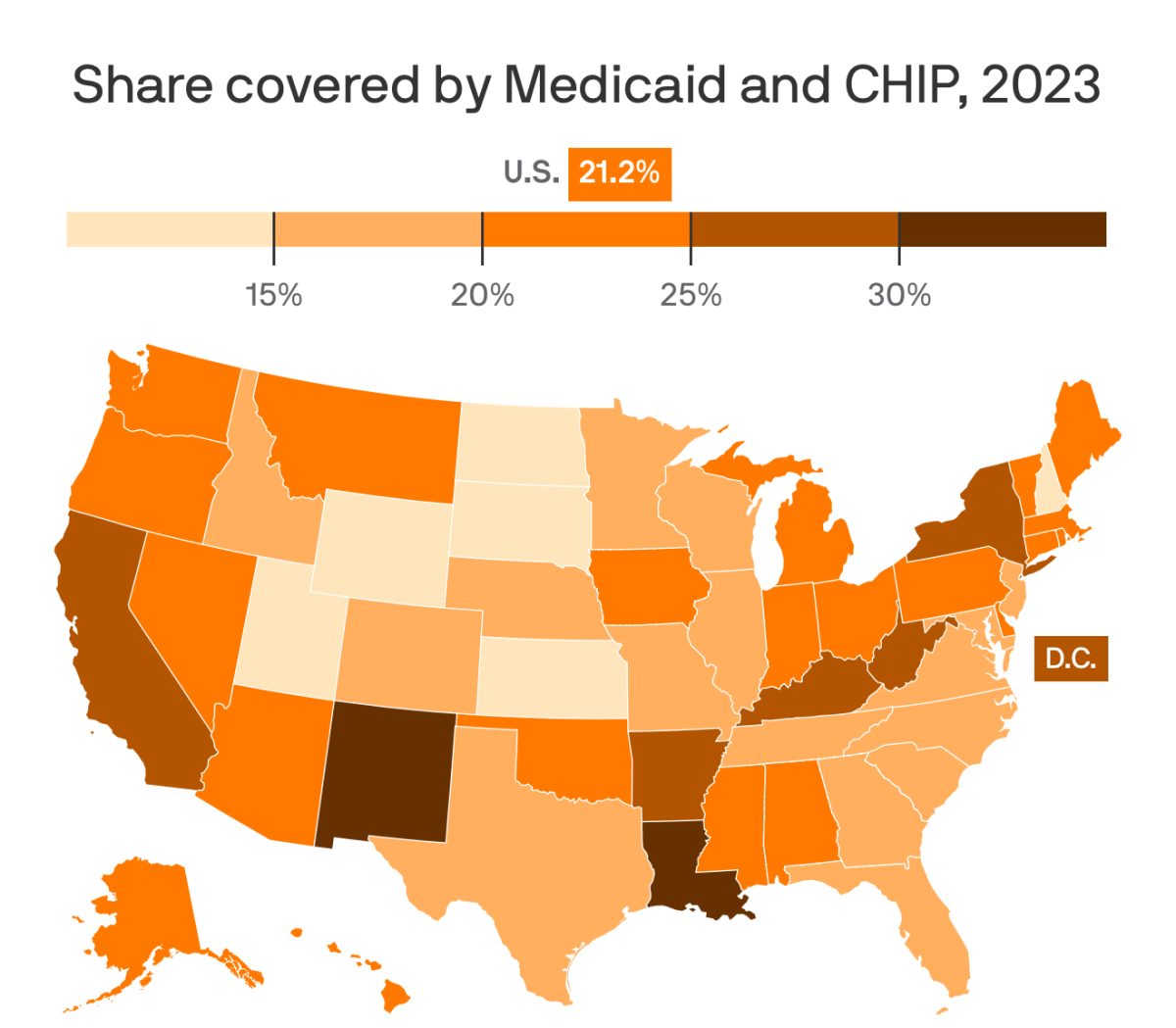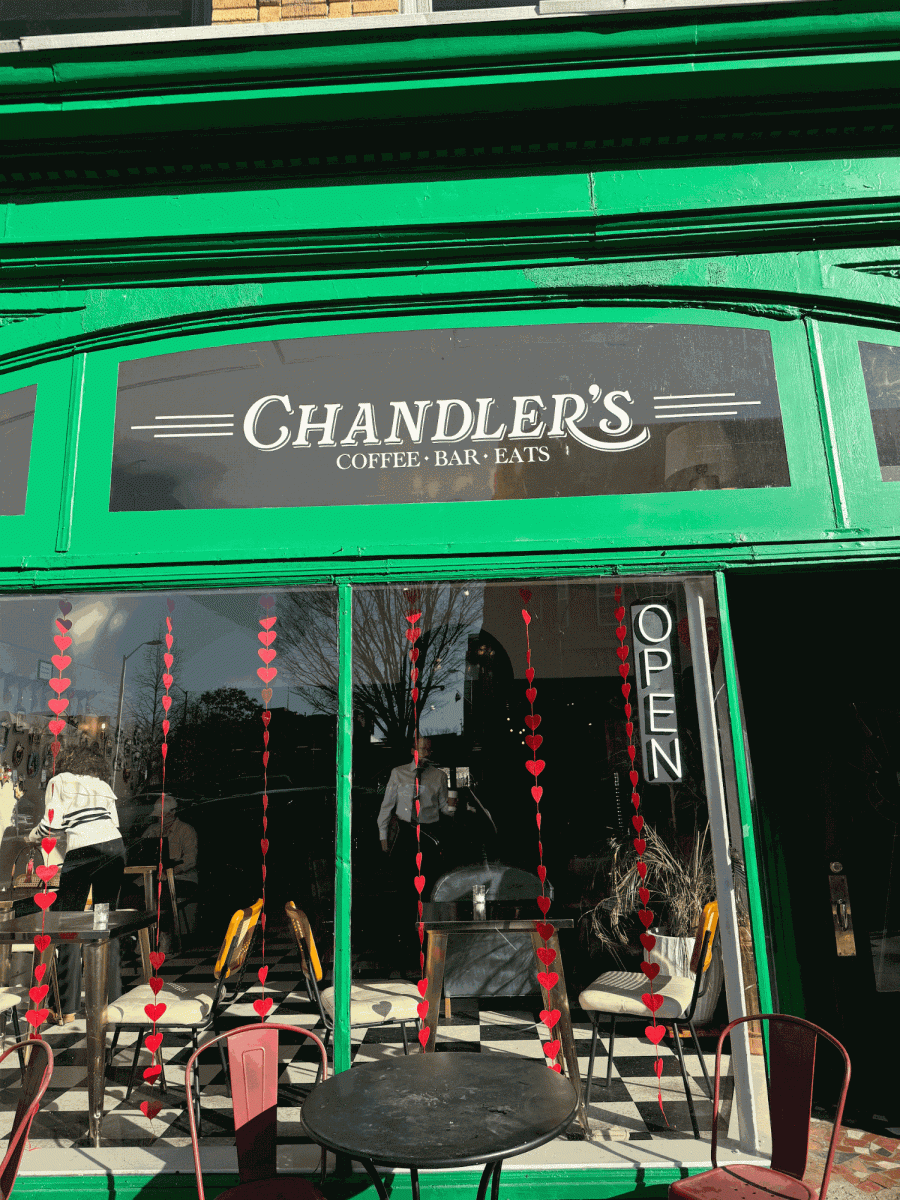As residents of the U.S., rarely do we ever have to fear the possibility of having our homes raided by heavily armed soldiers or having nuclear bombs released onto our schools. Unfortunately, individuals living in places such as Palestine, The Democratic Republic of Congo and Sudan currently live in fear of such horrors.
Although foreign affairs can be quite complex and difficult to grasp, it’s important to stay informed on global issues and understand how we’re connected to them.
For weeks, information on the Israeli-Hamas War has been spreading like wild-fire.
Israel and Palestine have been at odds for decades, but the conflict between the two nations escalated on Oct. 7 when Palestinian political and military organization, Hamas, launched a series of attacks in Israel in attempts to liberate their Israeli-occupied territory.
Since then, Israel has declared war on Hamas and to put it simply, there has been an unruly amount of innocent civilian bloodshed. Israel has mainly been attacking Hamas’ headquarters, Gaza; a very small Palestinian territory, about the same size as Greensboro, NC.
Reports reflect that hospitals, schools and civilian homes have crumbled to rubbish after tens of thousands of tons of explosives have been released in Gaza. Many residents of Gaza have taken to social media to show the world such tragedies in real time.
As the Israeli-Palestinian conflict has been dominating headlines, the threat to freedom in the Democratic Republic of Congo has also been brought to light.
In the DR of Congo, millions of innocent civilians, especially children, are being murdered for the sake of natural resources, specifically, coltan. Congo has the world’s largest reserve of coltan, a mineral that is critical for electronic devices.
As technology evolves, the demand for coltan has remarkably increased.
Many world powers have been financially aiding the militaries of Uganda and Rwanda to invade the DR of Congo for coltan, leaving millions of Congolese citizens dead or enslaved by mining companies.
Generally, everyone should care about these issues because humanity and justice are at sake. Innocent lives are being taken, and that’s reason enough to be concerned.
Kate Stepaniuc, professor and advisor in the journalism and communications department at N.C. A&T feels like people should care about the genocides being witnessed because at any given moment, you or your loved ones can be primarily affected.
“I was terrified for my mother, my family. In that moment I realized in war or genocide, humanity is far more important than right or wrong,” said Stepanuic in regards to her reaction when war broke out in Ukraine in 2022.
Stepaniuc is originally from the East European country, Moldova, Ukraine’s neighboring country, so the war has been very personal for her.
Darius Fuller, a junior English student, believes that people should care about the issues in Palestine and Congo because the United States plays a major role in funding them.
“We have to acknowledge the fact that we play a major role in it,” said Fuller in response to the United States’ imperialistic tendencies in African countries like the DR of Congo and Middle-Eastern countries, whom Israel retains resources from to supply to the U.S.
Overall, war and genocide are not easy topics to wrap one’s head around, but as long as the First Amendment stands, it is our civic duty to give a voice to the voiceless.
From the river to the sea, Palestine, The DR of Congo and any other nation fighting to be free from the shackles of imperialism and domination will be free.







